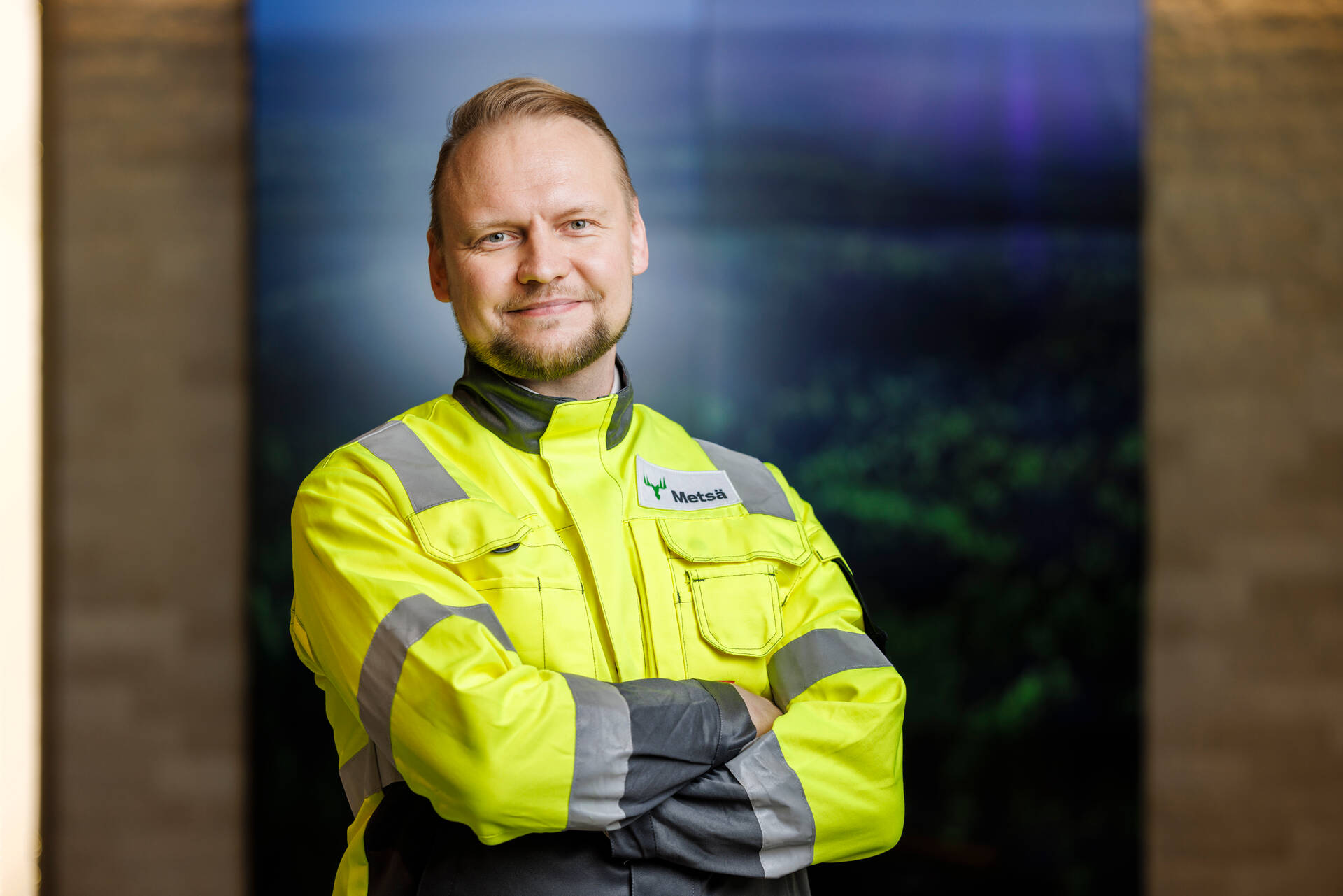Metsä Board has invested in the important area of multiskilling. All board and pulp mills now have a multiskilled model in place. Its aim is to support individual learning, enabling personnel to perform a variety of tasks and bring flexibility to the mill’s resource planning. Producing high quality paperboard requires the right skills at all stages of the process.
In this article Timo Ahonen, Vice President of Kemi mill, reflects on multiskilling and the changes brought by the local mill development programme and the mill’s new operating model.
A development programme that will renew the mill's operations
At Kemi, the operating model between shift maintenance and production has been continually developed since 2019, and the next step in multiskilling will be taken with the mill’s latest development programme. In the future, the goal is to further develop our personnel’s areas of expertise across departmental and process boundaries, which will make work even more flexible and diversify our employees’ field of tasks.
A completely new operating model will be introduced in Kemi, which will cover the entire mill organisation. As a result of the development programme, Metsä Fibre's Kamyr1 digester will be taken over by Metsä Board, and the production of base pulp will be integrated into the mill's process.
With the digester we will have a new area of expertise; pulp production. A sufficient number of skilled professionals are needed to manage this entity. We welcomed five experienced digester operators from Metsä Fibre, and a similar number of Metsä Board multiskilled workers are also being trained for these new tasks. In addition, the skills required at the digester will be strengthened across departments in advance, even before it passes over to the ownership of Metsä Board.
The product warehouse will also be completely renewed, and the skill requirements needed will therefore evolve.
The current product warehouse will become a kind of logistical nerve centre, which means completely new skill requirements for the warehouse employees. The loading of reels will be automated in the future and the pulp will come in bales from the warehouse, so the warehouse personnel will have to monitor various automation systems and supervise the pulper process. Warehouse employees will also play an important role in the commissioning of new equipment in the product warehouse. It is important that the new skills are integrated into existing post-processing work cycles in the future.
Both multiskilling and in-depth expertise are needed
The technical changes at the Kemi board mill will require active learning from all our personnel. However, multiskilling alone is not the final target. A reliably functioning mill also requires in-depth knowledge at all stages of the process.
Multiskilling increases flexibility in the mill and facilitates resource management. From an individual's point of view, a variety of tasks keeps motivation up and the broader scope of work gives the opportunity to bring new perspectives and ideas to the development of operations. In-depth expertise is needed to solve genuinely challenging problems in production. Maintenance expertise is a good example of this.
Kemi is known for its top-quality products, and from a quality management perspective, in-depth expertise is crucial.

"Kemi has a strong culture of job rotation in production, and the new operating model opens up opportunities to further increase multiskilling," says Timo Ahonen, Vice President of the Kemi board mill.
